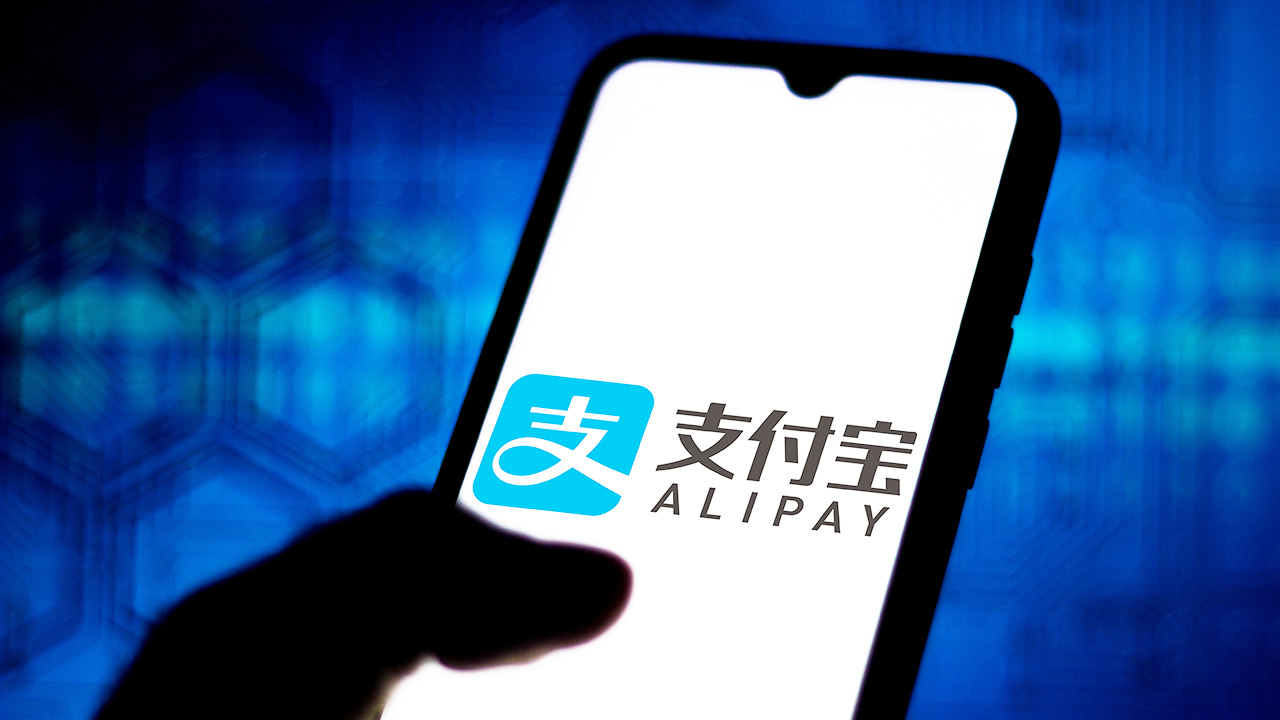Jing Culture & Commerce has extensively covered the Trump administration’s pursuit of Chinese technologies. Read our coverage here.
What happened?
President Trump signed an executive order banning eight Chinese applications on January 5.
The apps targeted include China’s two largest payment platforms Alipay and WeChat Pay, owned by Alibaba and Tencent respectively. The other apps are QQ Wallet, SHAREit, Tencent QQ, VMate, CamScanner, and WPS Office.
The move prohibits transactions with entities or individuals that “develop or control” these platforms and will come into effect after 45 days, barring any injunctions raised in court.
What’s the context?
Enacted on the grounds of protecting national security (amid claims Chinese technology apps offer gateways for spying), the move dovetails with efforts in mid-2020 to block ByteDance’s short-video sensation TikTok and Tencent’s everything app WeChat — ones that have thus far been thwarted in court.
The Trump administration’s attack on Chinese tech giants and their products follows on from an aggressive China policy that has levied tariffs on a broad range of goods and waged a trade war.
What the Executive Order says
“The United States has assessed that a number of Chinese connected software applications automatically capture vast swaths of information from millions of users in the United States, including sensitive personally identifiable information and private information, which would allow the PRC and CCP access to Americans’ personal and proprietary information.
“The United States must take aggressive action against those who develop or control Chinese connected software applications to protect our national security.”
— Executive Order Addressing the Threat Posed By Applications and Other Software Developed or Controlled By Chinese Companies, January 5, 2021
Why it matters
Beyond negatively affecting Chinese-Americans who use the apps and their services to socialize and conduct business in China, the Trump ban would have a substantial impact on Chinese outbound tourists and the destinations, attractions, and brands that have integrated WeChat Pay and Alipay to facilitate Chinese payments.
WeChat Pay and Alipay both boast in excess of 900 million users and outbound travelers have proven increasingly keen on maintaining spending habits while venturing abroad with research showing consumers spend more often and more frequently when available. In recent years, more than 170,000 U.S. businesses have started accepting Alipay.



